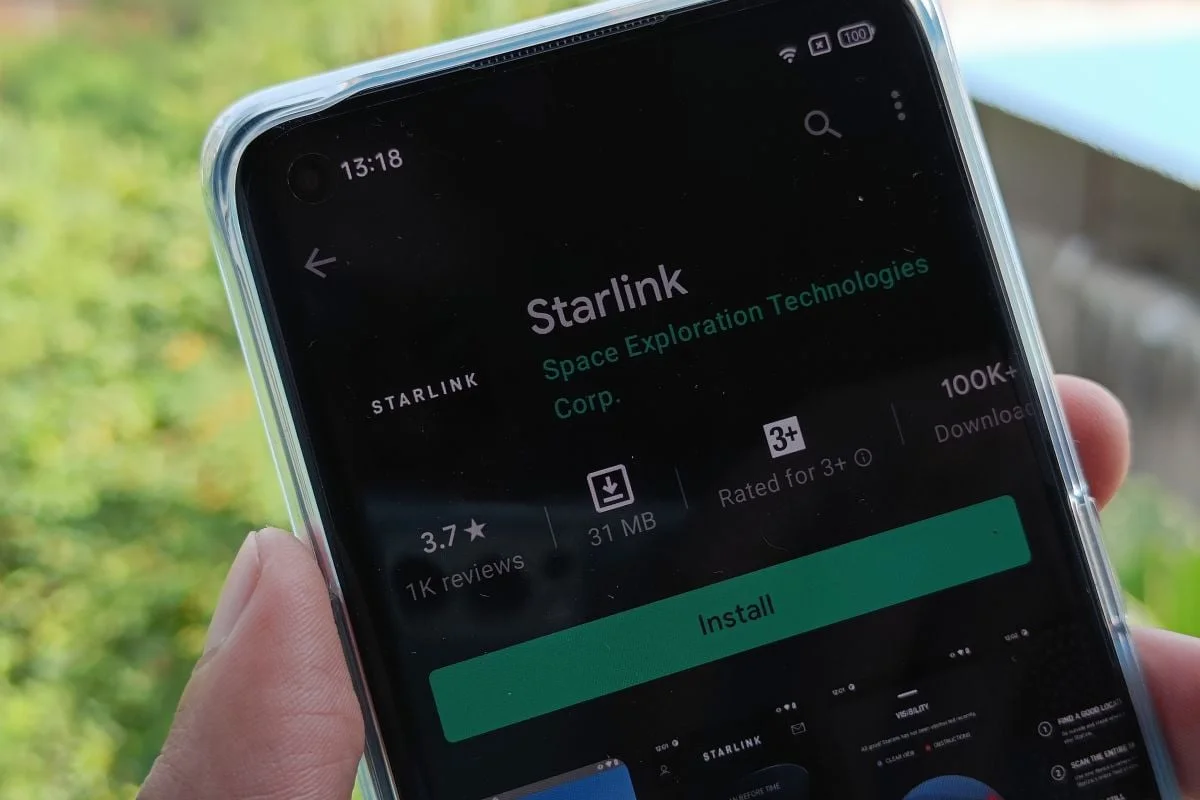
The Mongolian government has announced the granting of two licenses to Elon Musk's SpaceX, allowing the company to operate as an internet service provider in the country, said a Reuters report. This move will enable millions of internet users in Mongolia to access high-speed connectivity through Starlink, the satellite communications service operated by SpaceX.
Starlink has established an impressive network of over 3,500 satellites in low-Earth orbit, offering connectivity even in remote areas. While Mongolia already has widespread access to high-speed internet through a network of fiber optic cables, the addition of Starlink's technology will greatly enhance connectivity in hard-to-reach regions.
Read More - OneWeb, Connecta Partner to Boost Broadband Connectivity in the US and Caribbean
Uchral Nyam-Osor, the Minister for Digital Development and Communications, expressed the benefits of this collaboration, stating that herders, farmers, businesses, and miners across Mongolia will now have access to global information, improving their lives and productivity.
The formal cooperation between the Mongolian government and SpaceX began earlier this year during the Mobile World Congress held in Barcelona. Last month, Prime Minister L. Oyun-Erdene held a virtual meeting with Elon Musk to discuss potential investment and cooperation in the electric vehicle sector. Mongolia, with its abundant reserves of rare earth minerals and copper, plays a crucial role in the electric vehicle supply chain.
With these licenses granted, SpaceX's Starlink will empower Mongolians with enhanced internet access and bridge the digital divide, ensuring that even remote areas can benefit from high-speed connectivity. This collaboration between the Mongolian government and SpaceX marks an important step forward in leveraging advanced technology to drive progress and improve the lives of people across the country.
SpaceX wants to become a global internet service provider with the help of Starlink and has already started making a big impact in many countries with its services. The next big target market for the company is India, where billions of people await the arrival of satellite internet.















